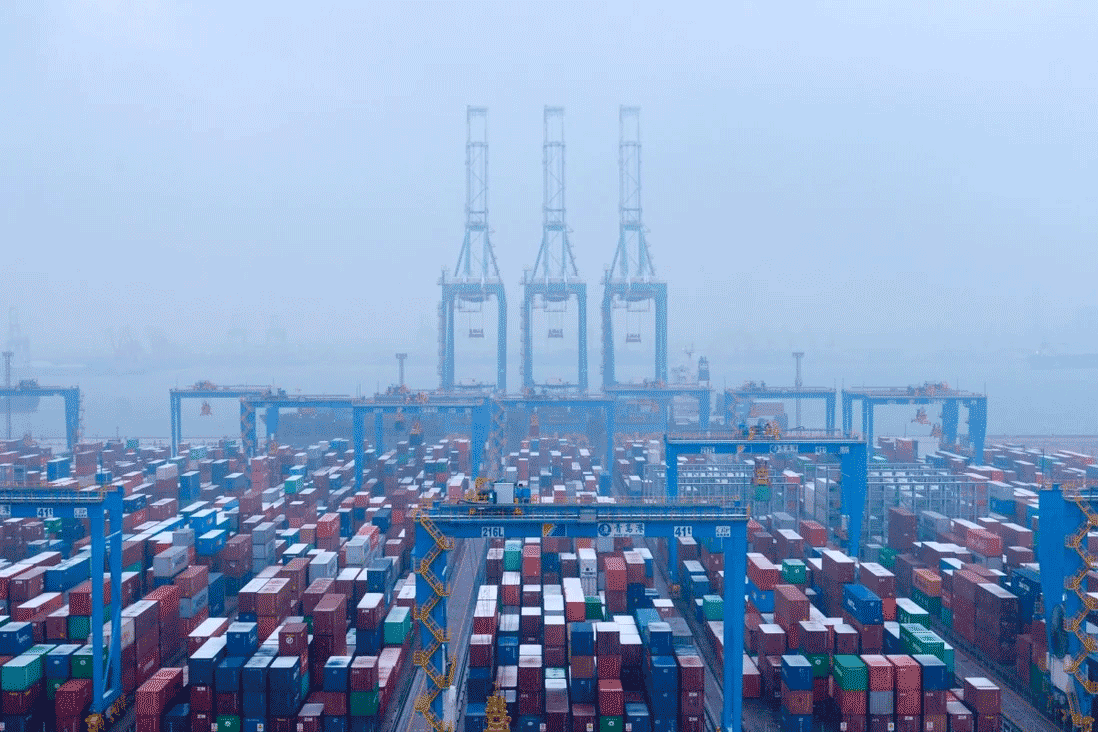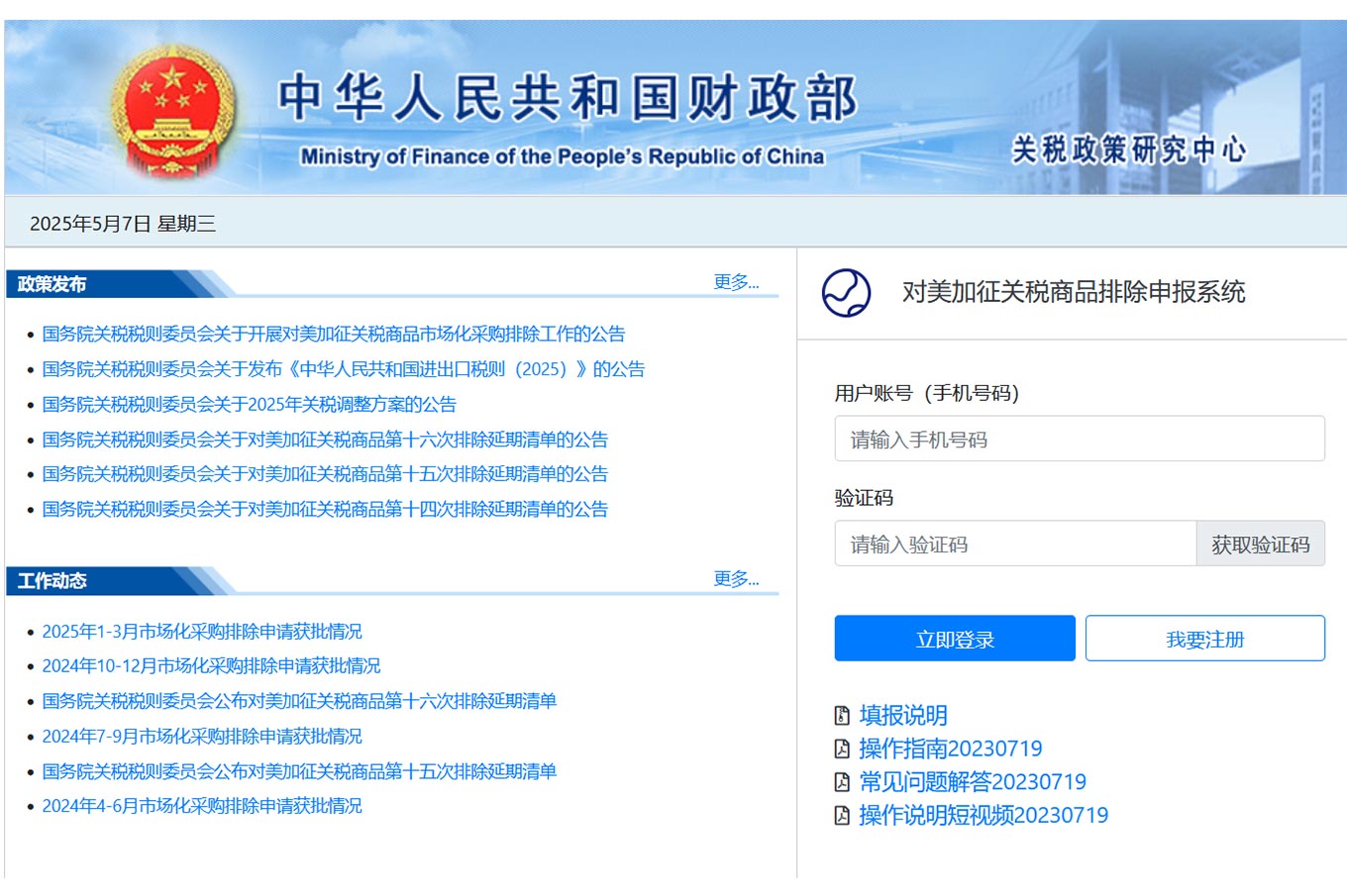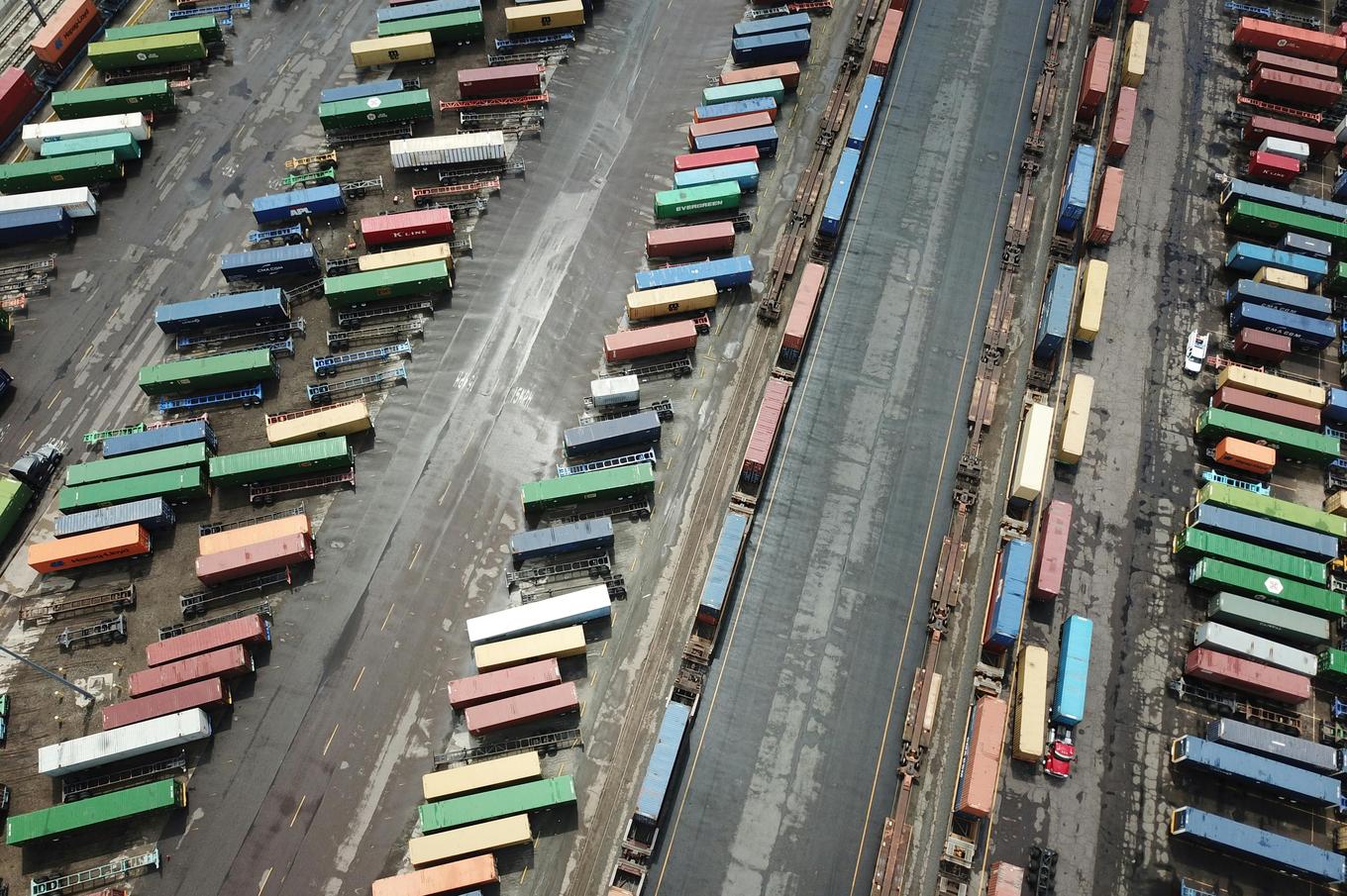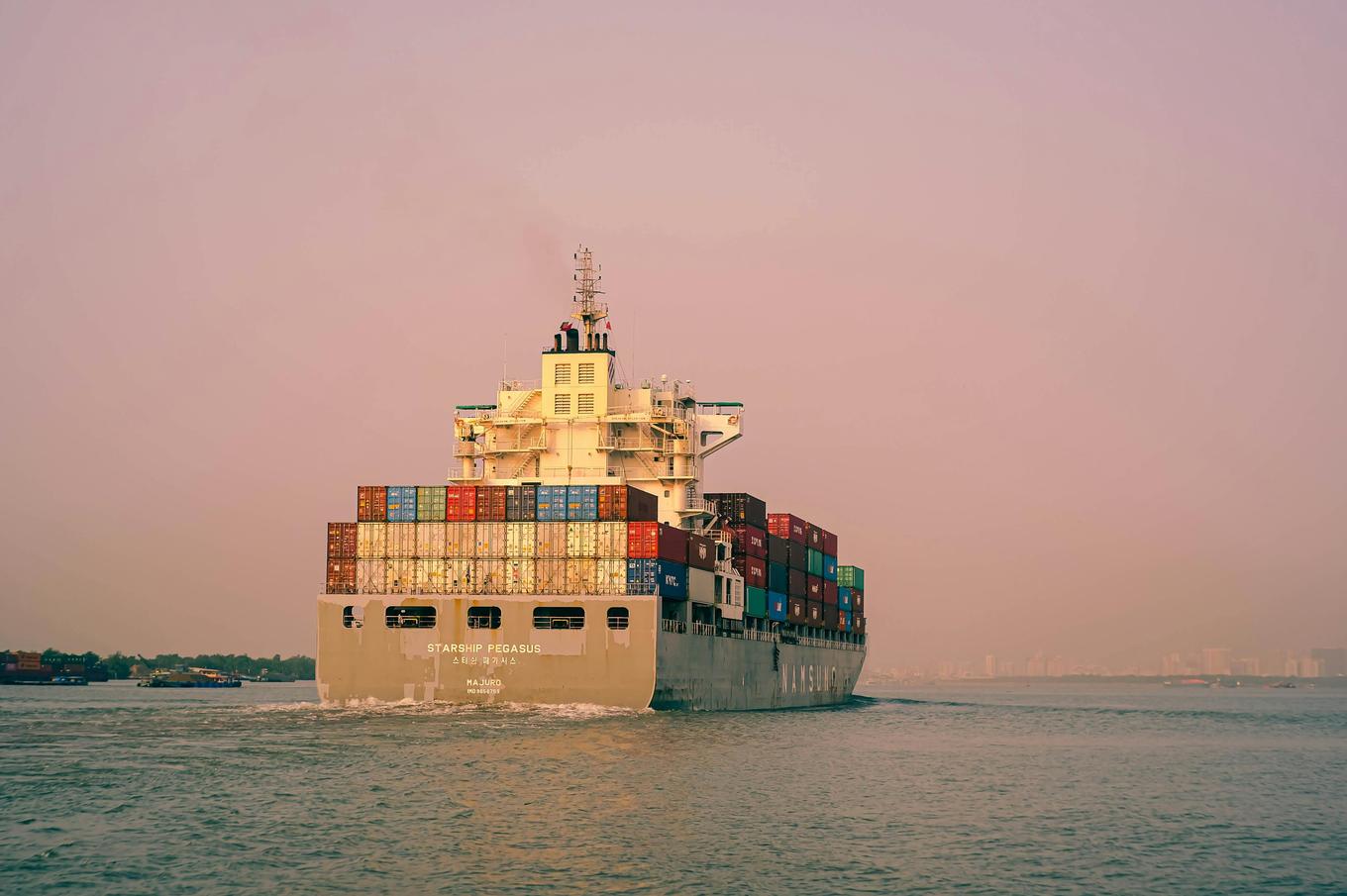- Shanghai Zhongshen International Trade Co., Ltd. - Two decades of trade agency expertise.
- Service Hotline: 139 1787 2118
South Koreas latest data released on March 21 shows that the countrys instant noodle exports surged 31.5% year-on-year in February, reaching a record monthly high of $93 million. However, this controversial achievement may signal a dangerous trend—deteriorating household economies worldwide, with people increasingly relying on such cheap processed food for sustenance.
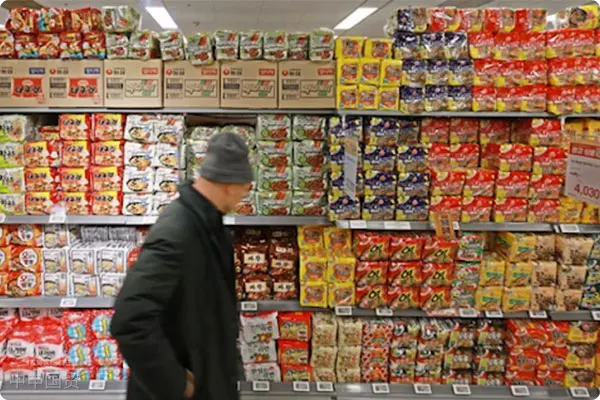
According to Korea Customs Service statistics, South Korea exported instant noodles to nearly 100 countries and regions in February, withfor containers exported to the USbeing the largest at $19.84 million; exports to China reached $15.2 million, the Netherlands $6.04 million, and Japan $5.52 million.
Analysts point out that instant noodles, as a high-calorie, low-nutrition, and cheap processed food, typically see increased sales during economic downturns and high inflation. In other words, the rising demand for instant noodles may be just a microcosm of the declining living standards of global consumers.
In fact, international organizations and news media have sounded the alarm on this trend. The UKs Financial Times recently stated that the growing global demand for instant noodles looks like a social and economic red light, reflecting severe economic pressures on peoples lives.
The article lists that under the impact of the pandemic and soaring prices, global instant noodle sales reached a record 121 billion servings in 2022, an increase of approximately 17% compared to 2018. In countries such as Turkey and Nigeria, instant noodle prices surged by 53% to 425%, exposing the continued deterioration of living standards for local residents.
The Financial Times believes that the rise in instant noodle demand stems from people prioritizing cheap, long-lasting food over health factors. This not only reflects the declining quality of life for the middle class in developed countries but also highlights how more families in developing countries are forced into food downgrading.,
However, this trend has also brought actual profits to Japans two major instant noodle companies, Toyo Suisan and Nissin Foods, with their combined valuation exceeding $54 billion. But a Nissin spokesperson admitted that the prosperity of the instant noodle world is a sign of deteriorating global economic health, not something to celebrate.
Analysts suggest that the growth in instant noodle sales conveys a signal that deserves serious attention. If governments worldwide fail to effectively curb inflation and improve livelihoods, this could exacerbate global poverty and trigger more social unrest.
Related Recommendations
? 2025. All Rights Reserved. Shanghai ICP No. 2023007705-2  PSB Record: Shanghai No.31011502009912
PSB Record: Shanghai No.31011502009912

